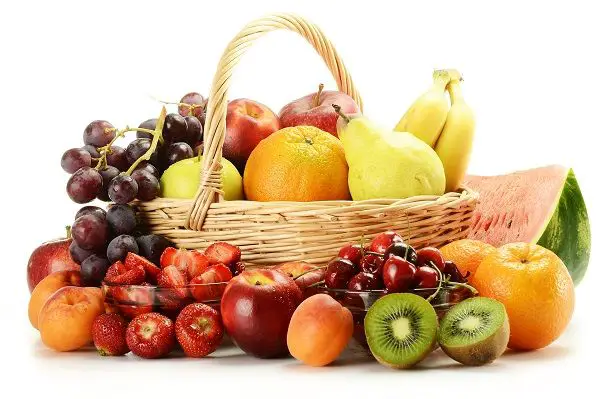You might be curious as to what exactly qualifies as a healthy plant-based diet; after all, white bread and white rice are derived from plants but they are largely written off as over-processed and bad for your health, right?

It’s a good question and the answer lies in a handful of basic approaches to eating:
- Keep your grains whole – this means eating grains that still have their fiber-rich bran and germ on them including whole wheat, bulgur, rye, and brown rice.
- Emphasize lots of fresh fruits and vegetables – load up on multiple servings a day of fresh fruits and vegetables and try to buy organic or frozen to avoid the toxins from common pesticides and the added sugar and sodium that often come with canned varieties.
- Incorporate more legumes, nuts, and seeds – these fantastic plant components like kidney beans, chia seeds, almonds and walnuts add powerful, energy-boosting nutrients.
- Cook with healthy oils – cook with unsaturated fats derived from plants like olives and avocados, i.e. use olive oil or canola oil instead of butter.
- Limit processed foods – a good rule of thumb is that if you can’t pronounce the ingredients on the nutrition label, avoid eating it. Even plant-derived products can be unhealthy when they are loaded with added sugars, preservatives, and chemicals.
- Replace servings of meat – find sustainable alternatives to meat, especially red meat, like organic tofu, seitan, or tempeh or simply replace meat altogether with veggie-packed entrees.
Benefits of Switching to a Plant-based Diet

1. Aids Digestion
Plant-based foods naturally come loaded with fiber which your body needs to efficiently break down and process food and extract critical vitamins and minerals.
If you experience frequent symptoms associated with poor digestion like bloating, constipation, diarrhea, flatulence, and heartburn, plant-based meals can help.
2. Supports a Healthy Weight
If you’re a bigtime meat eater, you might find that your typical meals consist of a ton of processed or fried components that overall contribute to weight gain, i.e. the white buns on your cheeseburger or the fries with your hotdog.
Embracing plant-based meals helps you incorporate healthy ingredients so your plate is covered in foods like salads, fruits, steamed veggies, and whole grains that support a healthy metabolism.
3. Promotes a Longer Life
A 2016 report in the Journal of the American Medical Association shared results from a study that looked at mortality rates based on whether participants consumer animal or plant proteins.
It found that when people increased the amount of animal protein they ate, their risk of death increased as well, whereas even small increases in plant protein consumption resulted in significantly lower risks of dying.
4. Lowers Carbon Footprint
Did you know that more than two-thirds of all agricultural land around the world is utilized solely for the purpose of growing feed for livestock? Only about 8% of agricultural land is actually used to grow food for direct human consumption.
The livestock industries that produce animals like chicken and cows are major strains on the environment contributing to climate change, deforestation, pollution, and soil erosion.
5. Heart Healthy
Diets which consist of foods that help strengthen the circulatory system, prevent arterial damage and stiffening, and keep blood pressure levels down are key to preventing heart disease, the number one killer in the U.S.
A plant-based diet generates myriad nutrients that act as heart protectors including antioxidants, Omega-3 fatty acids, magnesium, fiber, potassium, and many more.
Plant-based Diet Eating Reminders
People often believe that eating plant-based organic foods is unaffordable and way more expensive than eating meat. In the long run, however, plant-based eating can stave off tons of lifestyle diseases that could cost you thousands in treatment down the line (like heart disease, stroke, and obesity).
As well, you can shop smart and save money by following guidelines like:
- Shopping for fruits and vegetables that are in season
- Buying plant-based ingredients in bulk at whole foods stores
- Scouring local farmers markets for deals
- Avoiding impulse buying and shopping specifically for a menu
- Prioritizing the most important organic purchases like fresh produce

There are plenty of good things people can derive from eating animals like protein and iron so it’s important that plant-based dieters also find ways to incorporate enough of these critical nutrients into their daily eating as well.
You can find generous amounts of protein in plant-based ingredients like nuts (cashews, peanuts, almonds), seeds (chia, hemp, quinoa), legumes (kidney beans, black beans, white beans), pulses (lentils), spirulina, and soy products (tofu, tempeh, seitan).
As for iron, in addition to the nuts and legumes mentioned above, you can find healthy doses of iron in grains like whole oats and brown rice, vegetables like spinach, kale, swiss chard, and collard greens, as well as by cooking in cast-iron cookware.









































